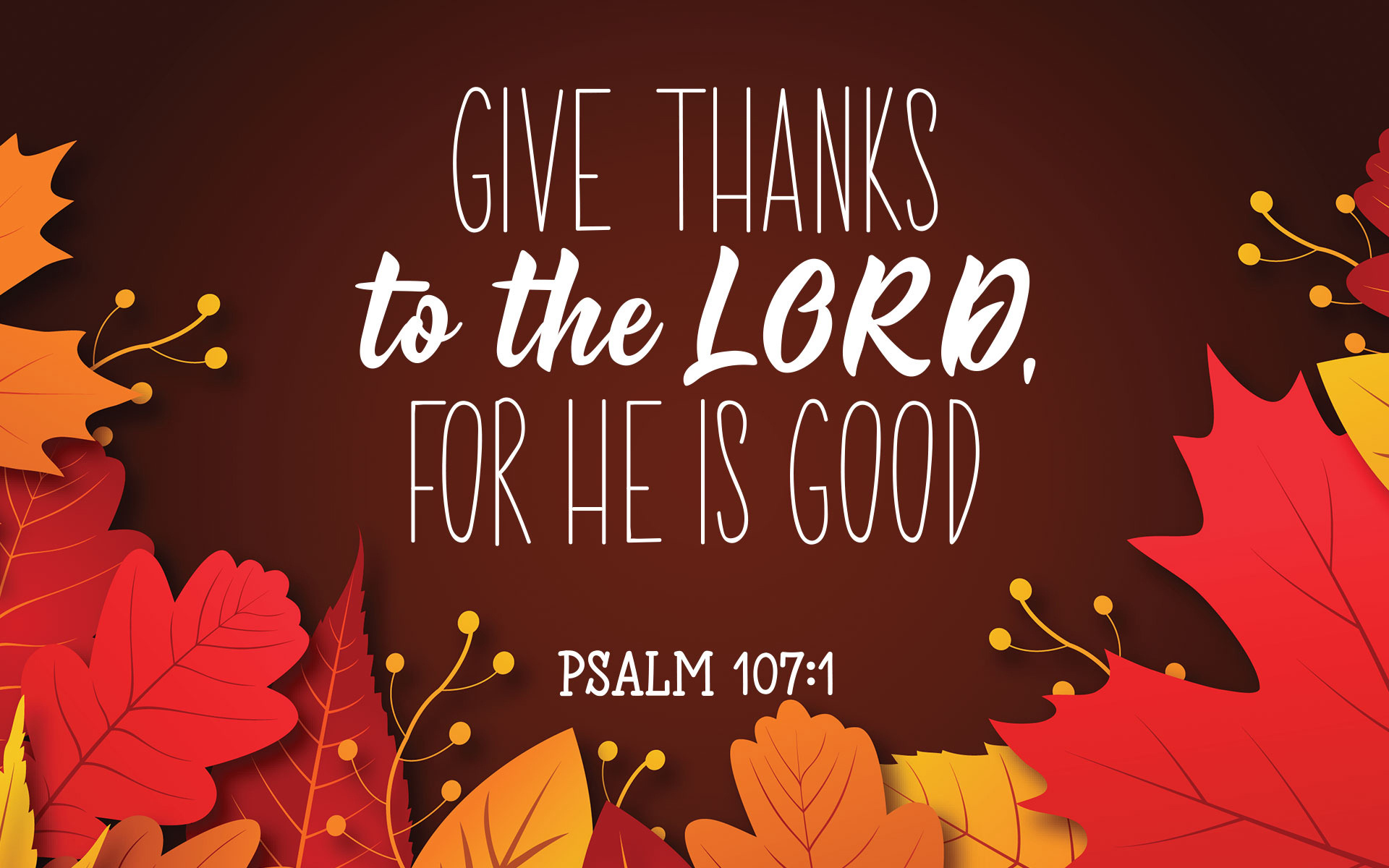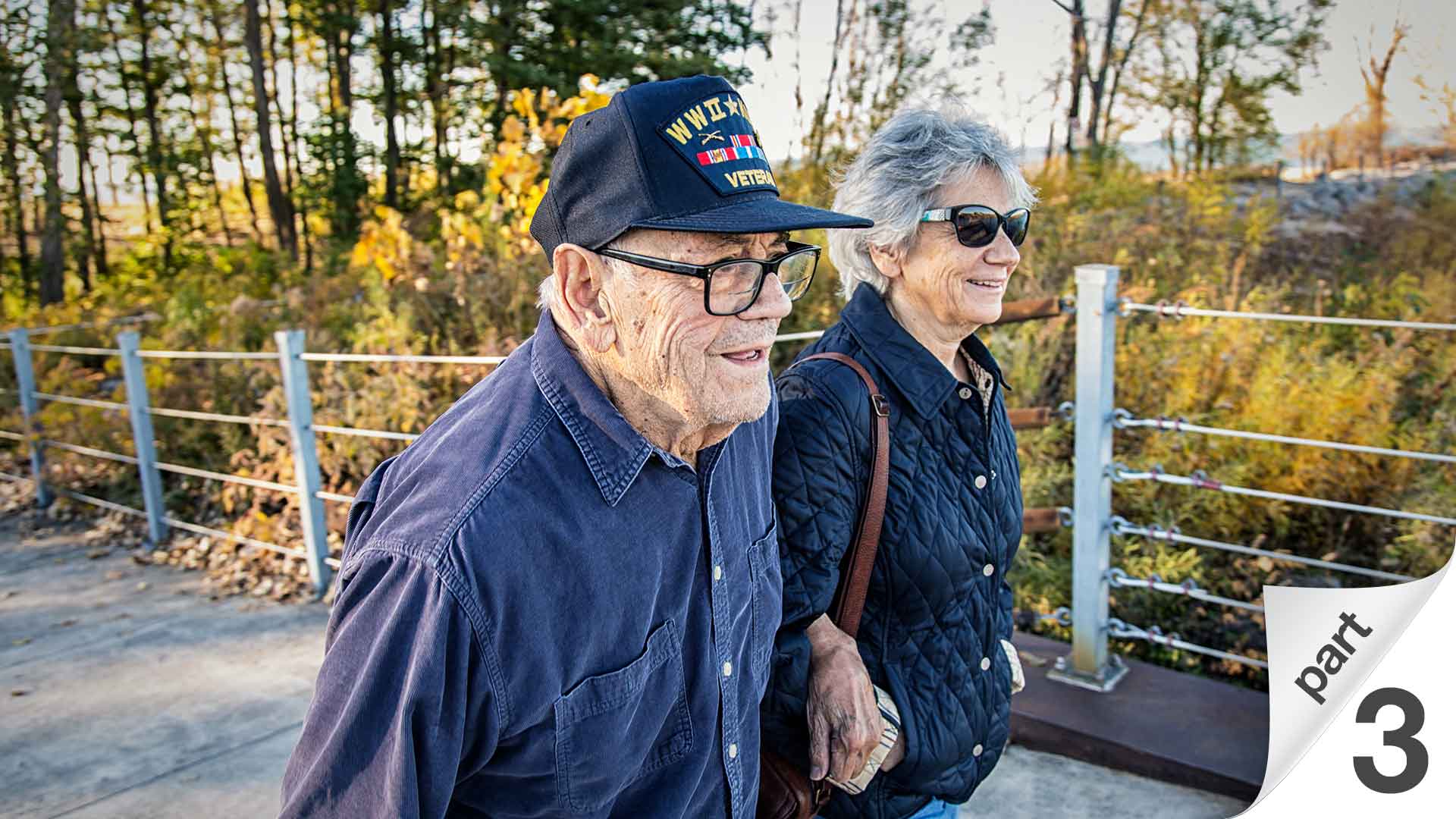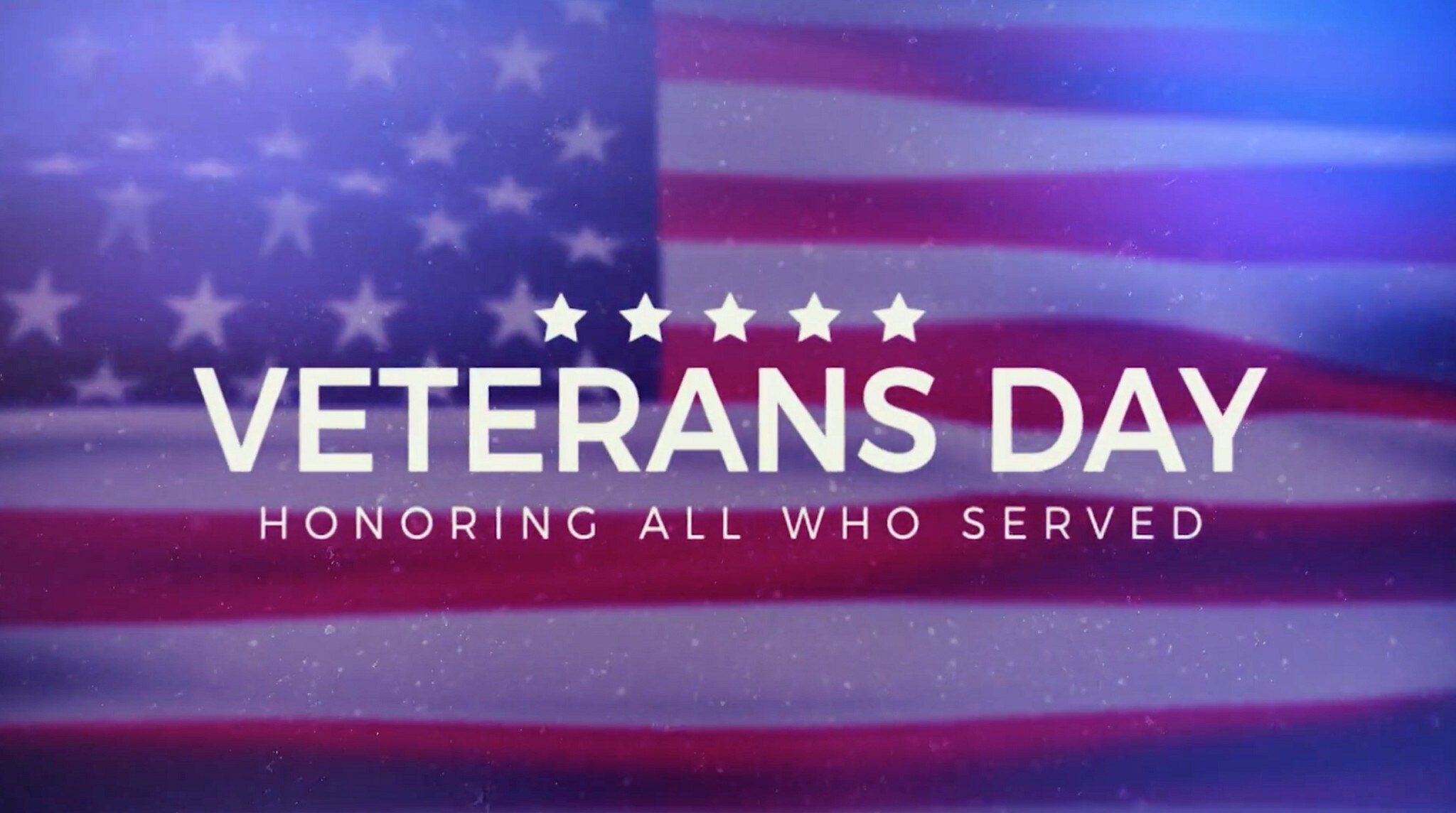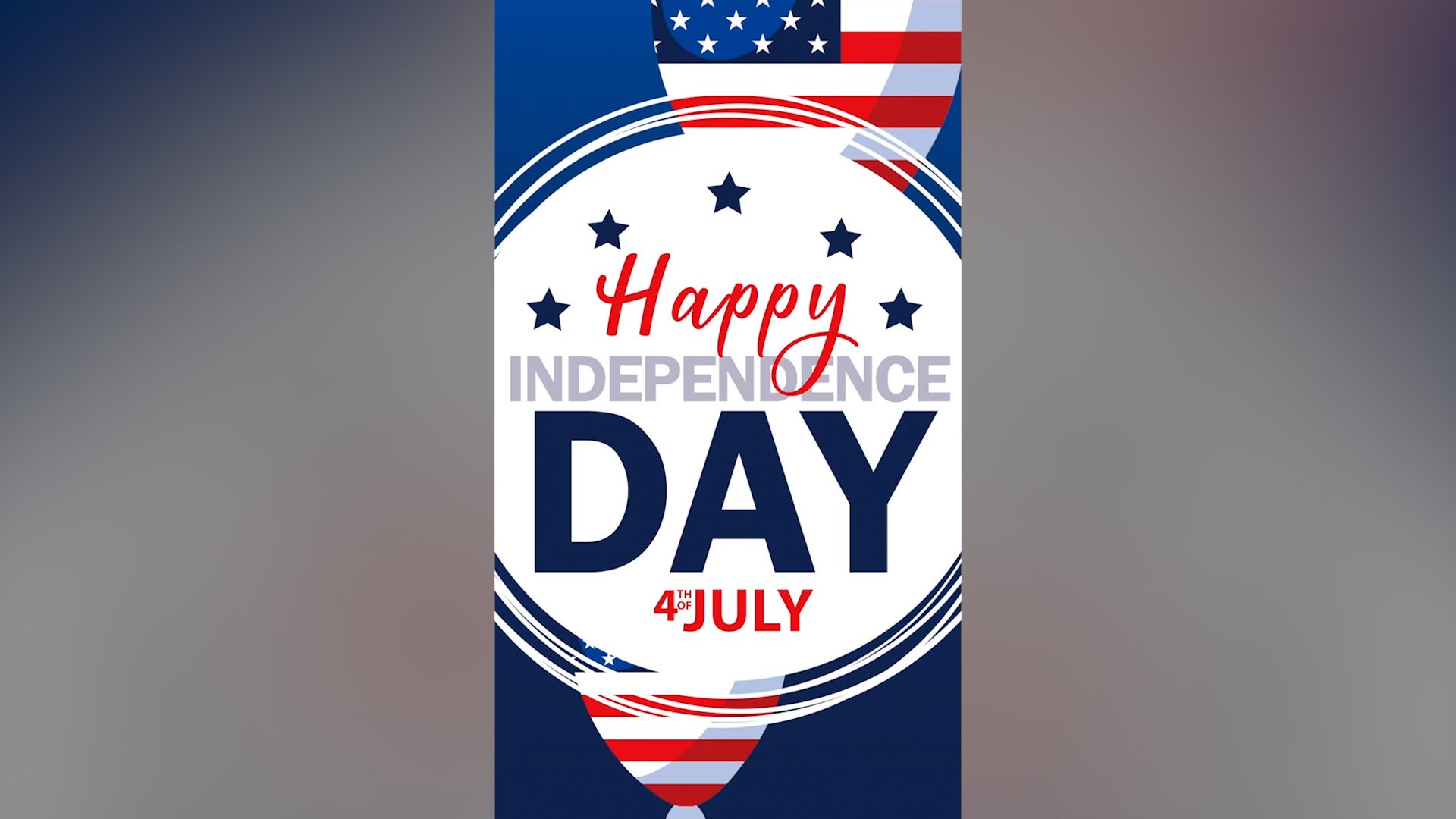
Dear Friends,
The outcome of the 2024 presidential election has been determined, and against all odds, Donald J. Trump is our president-elect. Christians petitioned God to save America from the tyranny of a leftist-driven administration, and He answered our prayers. Across voting demographics, the people voted in a mandate fashion for the more conservative platform, with the Republicans winning the White House and a Senate majority. As of the time of this letter, the Republican Party is also inching closer to controlling the House. This outcome will enable President Trump to work with the Senate and likely the House to implement policies to secure our God-given liberties and preserve America’s constitutional republic. This is a massive opportunity for the American church to continue our mission to share and live out the gospel of Jesus Christ in all spheres of life, and JDFI intends to do just that. What a time to give thanks to the Lord!
Understanding that, I want to concentrate now on the upcoming national holiday of Thanksgiving, which provides an opportunity for God’s people to come together to express our gratitude as Christians and Americans. Dr. Dobson wrote about this subject in the past when we faced similar uncertainty before an upcoming election. As you read his message, may it serve as a reminder that we are a people who are thankful for the abundant goodness that God has given us.
Thanksgiving Day will soon be upon us. It is a time to remember, and tell our children about the forebears who first came to these shores. It grieves me to know that many boys and girls in public schools are being taught that Thanksgiving is a day to be thankful, but they are not told for whom or what to be thankful. Many educators in public schools are prohibited from teaching gratitude to God or about the precious homeland He gave to us. Many will be taught that the settlers set aside a day to show gratefulness to the "Indians" who showed them how to plant corn. That misses the mark by a mile.
I hope you will read the following story to your children who are old enough to understand it. Or, ask your older boys and girls to read it for themselves.
Let's begin with the basics. The Pilgrims were a group of Separatists who broke away from the Church of England in an effort to return to a more biblically based way of life. They immigrated to Holland, where they enjoyed a greater degree of religious freedom but faced a host of other economic and social difficulties.1
After about a decade, they returned to England and resolved to set sail for the New World, which we know and love as America. On September 16, 1620, 102 passengers boarded the Mayflower with the hope of finding religious freedom and a better way of life.2
The 65-day voyage across the strong, storm-tossed Atlantic was itself very dangerous for the Pilgrims. Nevertheless, sensing God's calling, they pressed forward, and sighted Cape Cod on November 19.3 Hundreds of miles north of their original destination of Virginia, the Mayflower dropped anchor at what is now Provincetown, Massachusetts, on November 21.
In December, they made their way across the bay to settle at Plymouth.4 It was near Provincetown that 41 men signed the Mayflower Compact—an agreement that would soon become the basis for government in the Plymouth Colony and would later greatly influence the formation of the United States government.5 As they looked out at the gray, windswept coast on that cold November day, many of the Pilgrims must have wondered if it really was God's will for them to relocate to this desolate land. Little did they know that the true test of their resolve was yet to come.
That first harsh winter was devastating to the men, women, and children who had already traveled far and sacrificed so much. Poor nutrition, inadequate housing, and the unforgiving winter took their toll. Many died. The new year brought more of the same. Eight perished in January, and 17 in February.6 By the time spring descended on the North Atlantic coast, nearly half of the original group was gone.7
Christopher Jones, the captain of the Mayflower, anchored his ship in the harbor throughout the winter. He felt so sorry for the settlers that he allowed many from the colony to take refuge in the hull of his ship since shelter was scarce and the winter was so fierce.8
Finally, on April 5, 1621, he decided that he'd had enough, and resolved to return home.9 I can imagine him standing before his weary passengers imploring, "You must return to England with me. You are dying. Look at the graves up there on the sandy hill. More than half who came are now dead. It's time to go back."
Not one of those remaining settlers left with Captain Jones when he set sail that day. Each one of them felt the call of God deep within his or her heart, and as a group, they refused to go back. Undoubtedly, they were afraid, and they probably didn't have a lot of optimism about the uncertain future that lay before them. But, in essence, they said, "We would rather die here and remain true to what our Lord has called us to do than to turn our backs on Him and return to the warm hearth of England."
God bless their memories today.
What an amazing display of faith and resolve in the face of adversity! Without a doubt, it was the Pilgrims' reliance on the Lord that carried them through that incredibly difficult time. Our wonderful nation—the land of the free and the home of the brave—exists today in its present form because those courageous men and women chose to stay here and tough it out rather than to throw in the towel and return to Europe. God used their gritty determination and the spiritual leadership of men such as John Carver, William Bradford, Edward Winslow, and William Brewster—some of our earliest national heroes—to create a firm foundation on which our country would be built.10
The following was written by the Apostle Paul while chained in a stinking Roman prison. I'm sure these words were an inspiration to the Pilgrims in their plight, but they were also intended for our encouragement. They read, ". . . for I have learned to be content whatever the circumstances. I know what it is to be in need, and I know what it is to have plenty. I have learned the secret of being content in any and every situation, whether well fed or hungry, whether living in plenty or in want. I can do everything through Him who gives me strength" (Philippians 4:11b-13 NIV).
Perhaps that should be the theme of this year's Thanksgiving remembrance. Millions of our countrymen and women will bow their heads and their hearts in humble gratitude for this great land and its Creator. Never in the history of the world has a nation been so blessed as we.
As you gather with your families "from sea to shining sea," remember to tell your children and grandchildren again about the sacrifices made by the Pilgrims who helped pass along the freedoms we enjoy today.
And may we be eternally grateful for the men and women who shed their blood on battlefields and on ships far from home that we might conquer tyrants and dictators who would have enslaved us. We must never forget what they handed down to our generation and those yet to come. Their faith has been a model for us all.
In a past letter, Dr. Dobson reminded us that we are truly blessed—as a people and a nation. Let’s never forget who we are and why we are here. Regardless of the outcome of elections, our purpose as followers of Christ is rock solid. We are here to be “salt and light” to God’s glory.
Let me conclude with one final thought. I recently had a conversation with Dr. Owen Strachan, our new senior director of the Dobson Culture Center, and he reminded me of a favorite verse when facing uncertainty and the evils of our day. “The light shines in the darkness, and the darkness has not overcome it.” (John 1:5 ESV)
In Jesus Christ, this is our identity—we are children of the Light, and darkness will not overcome us because our King has already defeated it. I pray you will find great assurance and gratitude in this eternal truth.
May God bless you and your family this Thanksgiving season.
Grace and peace,

President
Dr. James Dobson Family Institute
1. Chuck Colson, "Pilgrim Fathers…and Kids," Breakpoint, November 1999.
2. "Remembering Three Great Journeys," Pittsburgh Post-Gazette, 19 November 2000, p. F2.
3. Ibid.
4. Louis J. Salome, "Voyage of 'Pilgrim Fathers,'" The Atlanta Journal and Constitution, 23 November 1995, p. A3; Jeff McLaughlin, "Provincetown Wants Record on Mayflower Set Straight," The Boston Globe, 16 April 1995, p. 36.
5. "Remembering Three Great Journeys," op. cit.; Jeff McLaughlin, op. cit.
6. Amy Wilson, "Pilgrims Progress: Long Voyage to Freedom," The Orange County Register, 28 November 1996, p. E1.
7. "Remembering Three Great Journeys," op. cit.; Chuck Colson, "Gobbling Up Tradition: Resisting Thanksgiving Revisionists," Breakpoint, November 1996.
8. Joy Fowler, "The First Thanksgiving," The Cincinnati Enquirer, 24 November 1999, p. A15.
9. Louis J. Salome, op. cit.
10. "Pilgrims Inspire Us to Be Thankful," The Indianapolis Star, 23 November 2000, p. F2.
This letter may be reproduced without change and in its entirety for non-commercial and non-political purposes without prior permission from the Dr. James Dobson Family Institute. Copyright, 2024 JDFI. All Rights Reserved. International Copyright Secured. Printed in the U.S.







